1. Latar Belakang
Huge IP market
With the development of the times, more and more people have realized the economic benefits of intellectual property (IP). Intellectual property has become an important asset class, covering a wide range of fields from software codes, works of art to scientific inventions. 
Figure 1 Incomplete statistics and estimates of the global intellectual property market value (self-made)
-
Global Market Value: The global IP market was valued at approximately USD 180 billion in 2020 and is expected to grow at a compound annual growth rate (CAGR) of approximately 8.5% during 2024-2028.
-
Growth in patents and trademarks: In 2020, global patent applications exceeded 3.27 million, an increase of 1.6% from 2019. Trademark applications increased significantly, reaching approximately 17.1 million, a growth rate of 13.7%. These increases show that despite the impact of the epidemic on the global economy, companies and individuals are still actively using intellectual property tools to promote innovation and expand their businesses.
-
Regional Contribution: IP activity in Asia is very active, accounting for 64% of all global patent applications in 2020. China performed particularly well in this area, accounting for the largest share of global patent applications.
At a time when the global economy is sluggish and the employment situation is severe, the global IP value, patents and trademarks continue to rise, and the intellectual property center is gradually moving to Asia. It can be seen that the future of the IP market is difficult to estimate.
Challenges of the digital age
However, as the IP market continues to grow, the complexity of IP management is also increasing. The traditional IP management model relies on a centralized legal system and manual verification, which is inefficient and difficult to adapt to the era of rapid digital development. At the same time, traditional IP management faces problems such as easy infringement, difficult authorization, and low transparency. The laws on IP in different countries and regions are also different, and the rights of IP owners are difficult to protect.
-
Insufficient liquidity: Due to the lack of a unified platform, the transaction and authorization of IP needs to go through complicated legal procedures, which is not only time-consuming and labor-intensive, but also leads to high costs.
-
Protection and transparency issues: In the United States alone, digital piracy costs as much as $50 billion per year. Traditional legal protection methods make it difficult to track infringements, and the process of collecting evidence and enforcing rights is complicated.
-
Outdated legal system: The existing IP legal system is mainly designed for the physical world and does not match the needs of the digital age.
Faced with so many real-world problems today, introducing IP tokenization into the blockchain, making it programmable and directly managed by the IP owner, may be one of the ways to solve these problems.
2. Story Project Introduction
Project Vision
Story is a revolutionary IP management platform based on blockchain technology, dedicated to completely changing the way the narrative world is created. Its core mission is to unlock a completely new way to create, manage and license intellectual property (IP) on-chain, forming an ecosystem of story legos that can be remixed and combined. By providing a simplified framework, Story Protocol supports the entire life cycle from IP creation, management to authorization. This framework includes features such as source tracking, frictionless licensing and revenue sharing, allowing creators to create more freely and benefit from it. In addition, the platform allows anyone to contribute to and remix existing creations, and ensures that the value of these contributions can be captured and distributed.
Development History
-
Initial Vision and Creation (early 2022): Story Protocol was founded in early 2022, and the team brings together blockchain technology experts, legal advisors, and creative industry leaders. The goal is to develop a platform that can support global creators and businesses to manage and commercialize their creative assets.
-
Technology RD (mid-2022): The team is committed to building a vertically integrated technology solution to support complex IP data structures and decentralized management models.
-
Creativity Proof Protocol (early 2023): Story Protocol has launched a landmark Creativity Proof Protocol. Creators register, verify and protect their creative works on the platform, and the protocol enables automatic royalty payments and licensing management.
-
Financing and Expansion (2023-2024): Story Protocol has gone through three rounds of financing and received investments from dozens of top VCs including a16z, raising more than US$150 million.
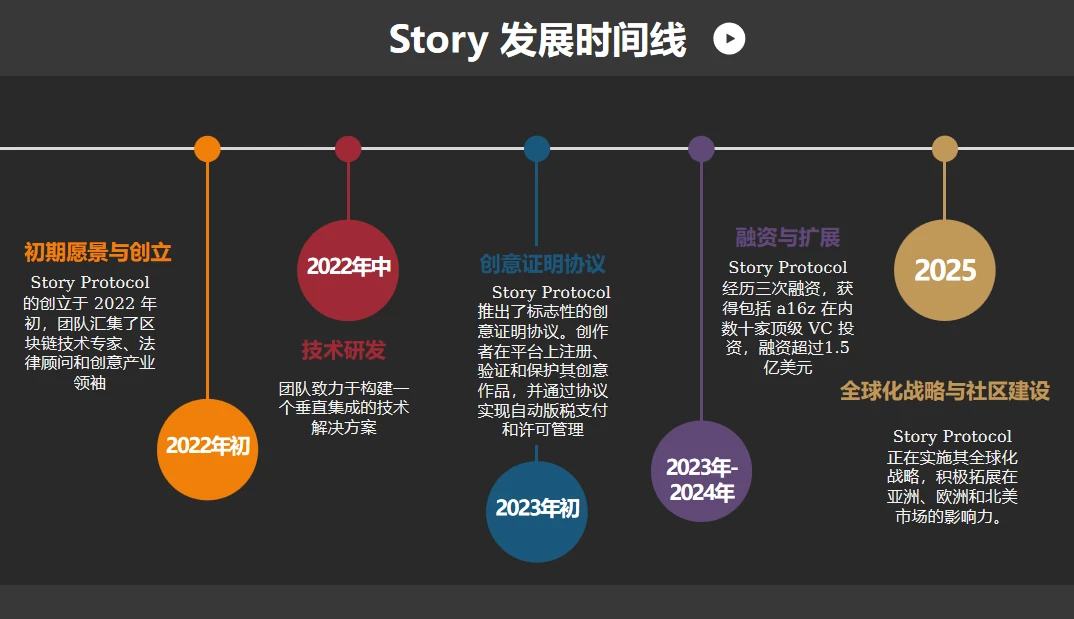
Figure 2 Story development timeline (self-made)
3. Story Network — Universal Layer 1 Blockchain
Story Network is a general-purpose layer 1 blockchain designed specifically to efficiently process complex data structures, especially data related to intellectual property (IP). This network is based on a combination of the Ethereum Virtual Machine (EVM) and the Cosmos SDK, combining the advantages of both to achieve high performance and flexibility for IP operations.
Combination of EVM compatibility and Cosmos SDK
EVM compatibility enables Story Network to provide the same code execution environment as Ethereum, which means that developers can directly port existing Ethereum applications written in Solidity to Story Network without making extensive modifications. This compatibility greatly reduces development costs and shortens development time, allowing developers to build and deploy applications using the features of Story Network more quickly. The realization of EVM compatibility lays the foundation for the rapid development of the Story Network ecosystem.
In addition, Story Network uses Cosmos SDK as its underlying framework to enhance the scalability and transaction efficiency of the network. Cosmos SDK provides an efficient consensus mechanism and cross-chain interoperability, allowing Story Network to maintain low latency and low costs when processing a large number of transactions. This design enables Story Network to not only support complex IP data processing, but also interoperate with other blockchains, providing developers and users with a wider range of application scenarios.
Complex data processing capabilities
The complexity of IP is mainly reflected in its multi-level relationships and interactions. For example, a creative asset may involve multiple creators, versions, and derivative works. These complex graphical data structures pose new challenges to blockchain technology. Traditional layer 1 blockchains have difficulty efficiently managing and processing these complex relationship networks, especially when countless parent-child relationships are involved, and data confusion and other problems are likely to occur.
To solve this problem, Story Network introduced a graph data storage mechanism in its execution layer. Through this mechanism, Story Network can quickly and cost-effectively traverse large IP relationship networks to ensure that the relationships and royalty distributions of each creative asset can be accurately tracked and managed. This innovation enables Story Network to support a wide range of IP management and commercialization use cases, such as automated licensing, royalty payments, and dispute resolution.
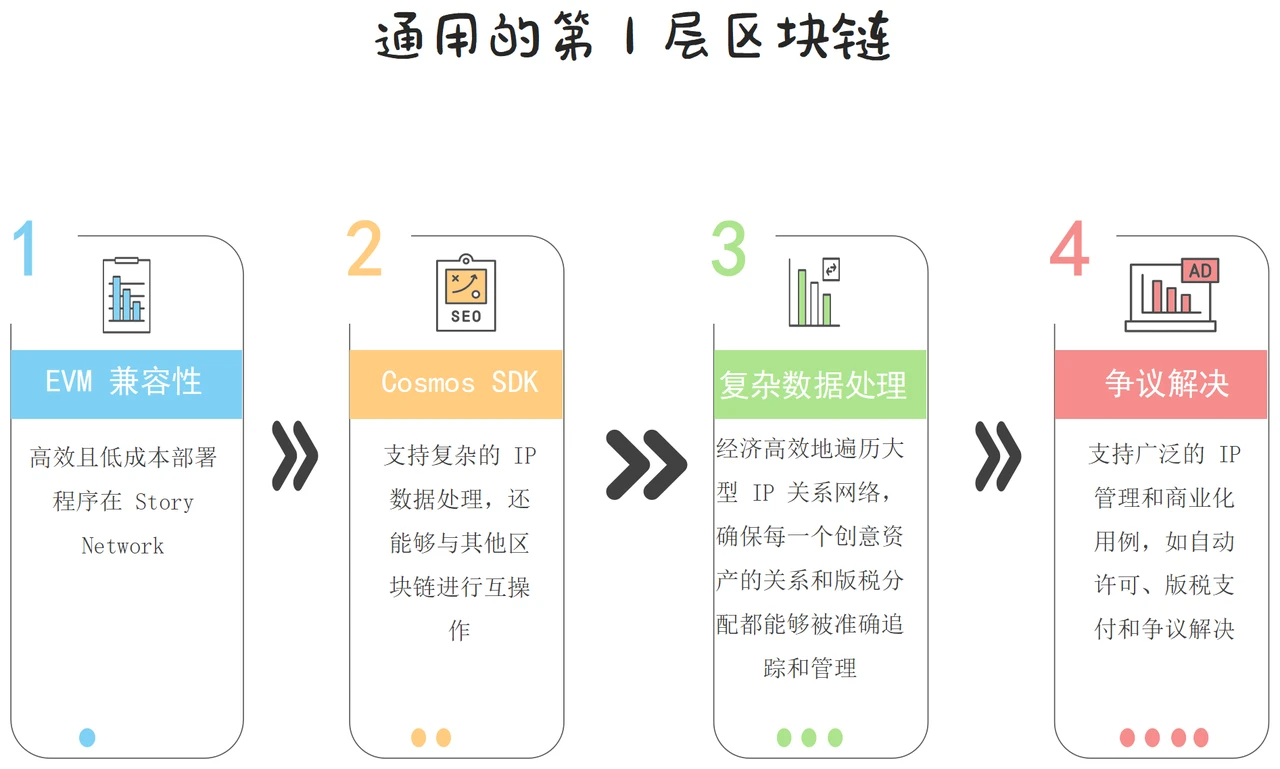
Figure 3 Story Network diagram (self-made)
4. Proof-of-Creativity Protocol
One of the core elements of Story Network is its innovative Proof-of-Creativity protocol, which provides basic support for the digital and automated management of IP. Natively integrated into Story Network, the Proof-of-Creativity protocol enables permissionless licensing, automatic payment of royalties, and other functions, providing global creators and businesses with a new, decentralized way to manage intellectual property. 
Figure 4 Proof-of-Creativity Process (self-made)
Ushering in a new era of intellectual property management
On Story Network, programmable IP becomes a reality. IP is no longer just static legal terms and contracts, but smart contracts that can take autonomous actions. This programmability brings automation, transparency, and reliability to IP management, making the management structure more efficient and convenient.
The implementation of programmable IP is based on two key pillars: tokenization of assets and module-driven interaction.
-
Aset Tokenization: On Story Network, any creator can register their creative assets as IP assets on the chain. These IP assets exist in the form of non-fungible tokens (NFTs), representing real-world intellectual property rights, and are stored in a comprehensive registry. This on-chain record not only ensures the uniqueness and immutability of each IP, but also provides creators with transparent proof of ownership.
-
Customized business logic: Story Network is more than just a platform for storing IP assets. Each registered IP asset is equipped with its own IP account, which implements complex interactions and business logic through modules. Modules are functional units similar to Lego blocks, supporting features such as permissionless licensing and automatic royalty payments. In addition to pre-configured licensing, royalty, and dispute resolution modules, developers can also create custom modules to meet advanced business needs.
Simplify the use and licensing of intellectual property
In traditional IP management, licensing is often a complex and expensive process. Story Network’s Proof-of-Creativity protocol simplifies this process through pre-configured licensing modules, making licensing efficient and easy to manage.
-
Ready-to-use licensing contracts: Story provides ready-to-use licensing contracts similar to Y-Combinator SAFE templates. These pre-configured contracts cover all media types, allowing creators to define and attach customized licensing terms in seconds. This streamlined process greatly reduces the complexity of licensing, allowing creators to commercialize their work more quickly.
-
License Token: Story Network uses license tokens to manage licenses, which are digital assets that represent licenses. Anyone can obtain license tokens to create derivative works, accompanied by the creators preferred licensing terms. The use of license tokens not only simplifies the licensing process, but also creates entirely new use cases, such as license token trading (IPFi), which provides a new way to financialize intellectual property.
Automatic royalty payments
Royalty payment is an important part of the commercialization of intellectual property. Storys Proof-of-Creativity protocol ensures the automation and transparency of royalty payments, and achieves safe and reliable royalty distribution through blockchain technology.
-
Liquid Absolute Percentage (LAP): Story defines how revenue is shared in the derivative chain through the LAP policy. Each IP asset can choose the downstream distribution of royalties, which means that the revenue of each derivative work is automatically distributed to the original creator in a predefined proportion.
-
Automatic execution and transparency: Since all royalty calculations and payment operations occur on the blockchain, these processes are neither error-prone nor interfered with by third parties. Creators can ensure that their income arrives on time, solving the delays and disputes common in traditional royalty payments. This automated mechanism brings reliable cash flow support to creators.
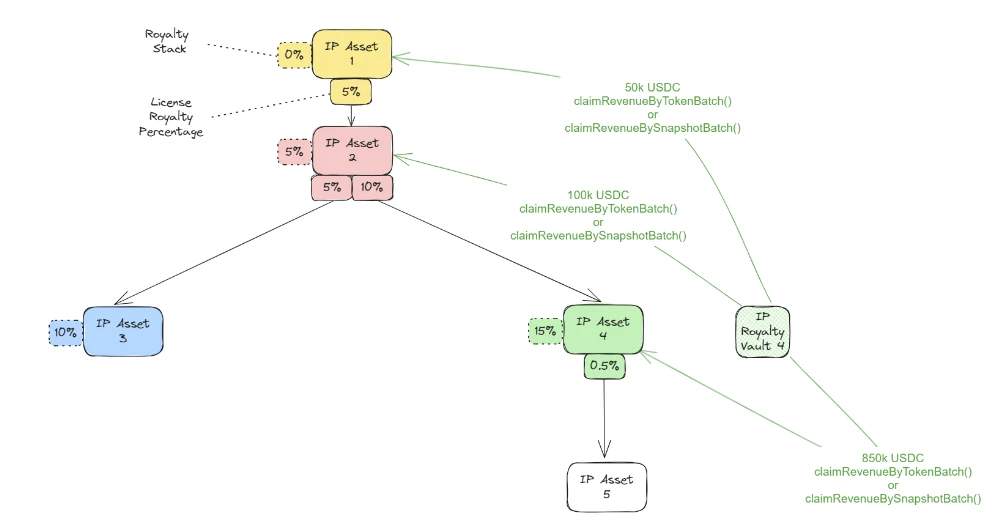
Figure 5 Using Liquid Absolute Percentage royalty policy (official website)
5. Programmable IP License
Programmable IP License (PIL) is a core innovation of Story Network that enables intellectual property to be brought to the blockchain, bringing on-chain liquidity and programmability to a trillion-dollar asset class.
Linking blockchain with real laws
On Story Network, intellectual property is not just a digital clause, but a programmable smart contract. Story Network is similar to the role of USDC to fiat currency, bringing real-world intellectual property to the blockchain through tokenization and universal licensing agreements. This process is not just a simple asset on-chain, but a two-way connection that closely connects on-chain assets with the real-world legal system. In this process, PIL is like the Y-Combinator SAFE of intellectual property, providing legal protection and ensuring creators control over their works. In this way, Story Network provides a safe and reliable legal basis for on-chain management of intellectual property.
General License Agreement
To be precise, PIL is a universal license agreement that allows IP owners to set rules for the use of their intellectual property. Through PIL, creators can easily set the conditions for the use of their works without complicated legal procedures. PIL provides a series of pre-configured options that creators can choose and customize according to their needs.
-
Non-commercial social remixes: Allow others to remix the IP into their works and distribute those remixes, but no resale or commercialization is allowed.
-
Commercial use: allows others to purchase the right to use the work at a set price and can be used to display or publish the work, but prohibits resale or creation of commercial remixes.
-
Commercial remixes: Allowing others to create and distribute remixes for commercial use, while also setting a percentage of commercial revenue sharing.
In addition to preconfigured options, PIL also supports custom licenses that developers can easily attach and parameterize through the Story Network SDK. 
Figure 6 Programmable IP official website diagram (official website)
6. Application landing
Builder Program: Story Academy
A mature blockchain ecosystem must have a wealth of applications. Story Network has established Story Academy, a program designed specifically for builders and innovators to support, guide and accelerate innovative projects built on Story Network. The program provides comprehensive technical support, marketing strategies, funding and investor networks to help entrepreneurs realize their dreams.
With the help of Story Academy, several projects including Magma, Mahojin, Sekai, Ablo, etc. have successfully applied Story Networks related protocols.
Magma: a collaborative design tool
Magma is a multi-person online design tool suite that supports over 2 million users, allowing creatives to collaborate in real time. Through Story’s tokenized IP solution, creatives can easily register their work as IP assets and set terms of use through PIL (Programmable IP License). 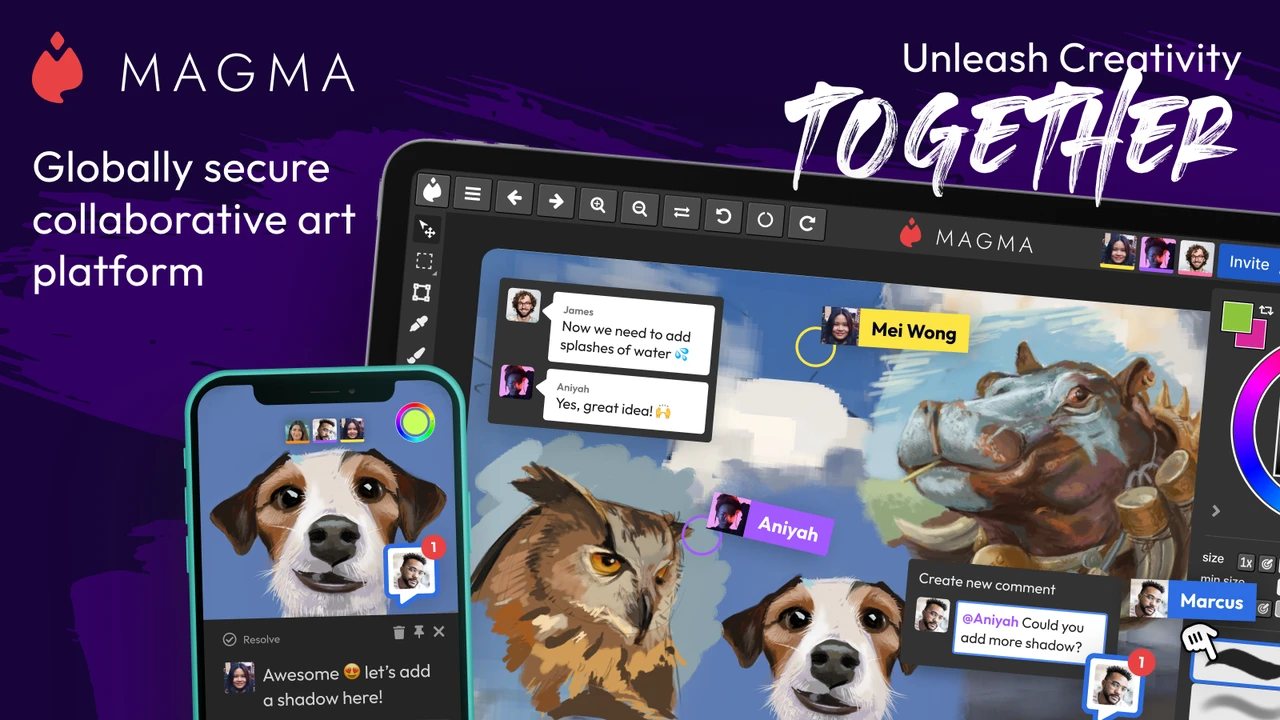
Figure 7 Magma official website (official website)
Mahojin: IP Tokenization of AI Training Data
Mahojin focuses on IP tokenization of AI training data, models, and outputs. Data owners can register their datasets as IP assets on Story and set licensing terms. This mechanism ensures that AI model creators can obtain high-quality training data quickly and at low cost, while protecting the rights and interests of data providers. 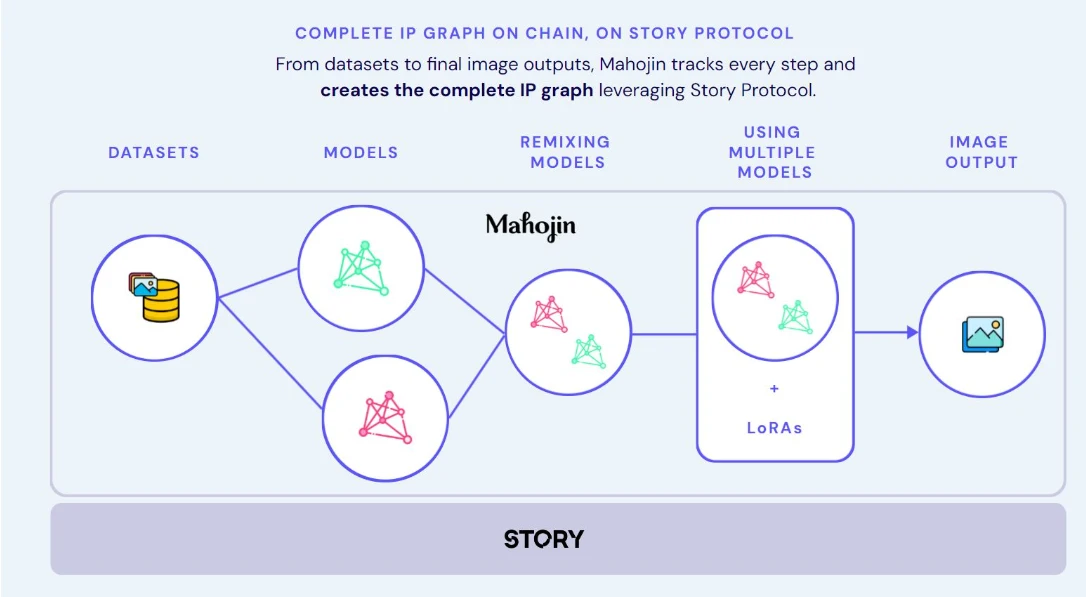
Figure 8 Mahojin combined with Story (official website)
7. Kesimpulan
-
There is a huge market waiting to be explored in the IP field. Story has a certain first-mover advantage by laying out the IP market in advance.
-
Story Network has been favored by capital and has raised more than US$120 million in total.
-
Story consists of three main parts: a universal first-layer blockchain, a Proof-of-Creativity protocol, and programmable IP licensing.
-
The Story project has performed well in terms of financing, technology and implementation, but the current IP market is not yet mature and still needs the test of time.
This article is sourced from the internet: StoryBlockchain empowers intellectual property
Related: Can the “hyped” Solana Blinks really lead to large-scale adoption of Web3?
Solana’s launch of Blinks has sparked heated discussions. With just a link, Blinks can immediately trigger a transaction preview in the wallet. So can Blinks become a catalyst for the large-scale adoption of Web3? Let’s find out. Let’s first take a look at what Blinks is. Blinks, or Blockchain Links, is a technology that converts on-chain operations into front-end pages. It is one of the applications of Solana Actions. Traditional interactions require users to first enter the website and then use a button to call the Web3 wallet for interaction. Blinks can skip the step of entering the web page and allow users to perform on-chain operations directly through a link. How Blinks works An action consists of a URL scheme, a GET route, and a POST route to the…







